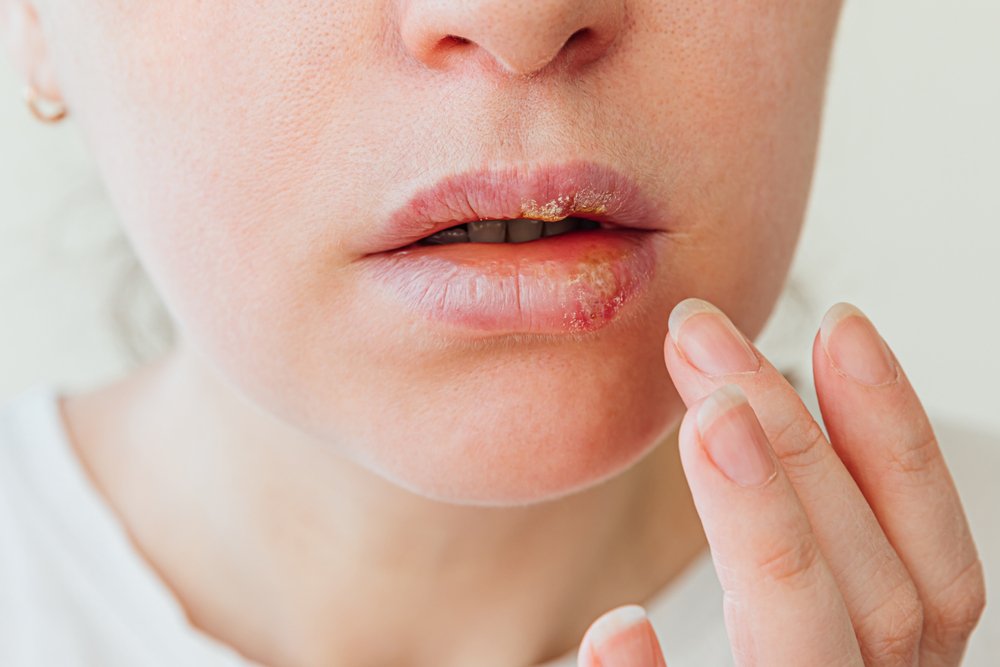Human papillomavirus (HPV) is a widespread viral infection that can impact oral health, causing issues such as bumps and cancers in the mouth and throat. Given its global prevalence and associated health risks, vaccines for HPV have become essential in preventing these HPV-related oral problems. This article examines how vaccines for HPV help protect against such conditions, emphasizing their importance in maintaining oral health.
What Is HPV and How Does It Affect Oral Health?
HPV is a group of more than 200 related viruses, some of which can cause infections in the mouth and throat. While many HPV infections are asymptomatic and resolved on their own, certain high-risk strains can lead to serious health issues.
Oral HPV can result in various complications, described below.
-
What Are HPV Bumps on the Tongue?
HPV bumps on the tongue are small, wart-like growths caused by certain strains of the Human Papillomavirus (HPV). These bumps, also known as oral papilloma, are typically benign and appear as small, flesh-colored or slightly white protrusions on the surface of the tongue. Although these bumps are not cancerous, they can be uncomfortable and cause concern due to their appearance.
These growths are often asymptomatic, meaning they don’t cause pain or other noticeable symptoms. However, their presence can be unsettling, especially if they appear suddenly or in clusters. In some cases, these bumps may become irritated or inflamed due to friction with teeth or dental appliances. It’s important to note that while these bumps are generally harmless, their appearance warrants medical attention to rule out other potential causes and to discuss management or removal options.
-
How Is Oropharyngeal Cancer Linked to HPV?
Oropharyngeal cancer, which affects the back of the throat, including the base of the tongue and tonsils, has been increasingly linked to certain high-risk strains of HPV, particularly HPV-16 and HPV-18. These strains are responsible for most HPV-related cancers, and their association with oropharyngeal cancer is particularly concerning due to the rising incidence of this type of cancer.
HPV-associated oropharyngeal cancers are more common in men than women, and recent studies have shown a significant increase in cases over the past few decades. This trend is partly attributed to changes in sexual behaviors, such as an increase in oral sex, which can facilitate the transmission of HPV to the oral cavity.
Unlike other forms of oral cancer that are typically associated with tobacco and alcohol use, HPV-related oropharyngeal cancers tend to occur in younger, non-smoking individuals. The prognosis for HPV-positive oropharyngeal cancer patients is generally better than for those with HPV-negative cancers, largely due to a better response to treatment. However, the rising prevalence of these cancers highlights the need for increased awareness and preventive measures, including vaccination and early detection.
How Do Vaccines for HPV Impact Oral Health?
Vaccines for HPV have been shown to significantly reduce the incidence of HPV-related diseases, including those affecting oral health. They are designed to protect against the most common high-risk HPV strains, responsible for most HPV-related cancers and other health issues.
How Effective are Vaccines for HPV in Preventing Oral Health Problems?
Research has demonstrated that vaccines for HPV are highly effective in preventing infections that lead to oral health problems. According to the Centers for Disease Control and Prevention (CDC), the vaccine is nearly 100% effective in preventing infections with HPV types 16 and 18, the two strains most commonly associated with oropharyngeal cancers.
- What is the Evidence for Reduced Risk of Oral HPV Infections? A study published in JAMA Oncology found that vaccinated individuals had a significantly lower prevalence of oral HPV infections compared to those who were not vaccinated. This reduction in infection rates directly correlates with a decreased risk of developing HPV-related oral issues, including cancer.
- How Long Does Protection from the Vaccine Last? The vaccines for HPV provide long-lasting protection, with studies indicating that immunity remains strong for at least 10 years after vaccination. This long-term protection is crucial in preventing the development of HPV-related oral issues later in life.
Why is Early Vaccination Important?
The HPV vaccine is most effective when administered before an individual is exposed to the virus, typically in preteens or early teens. However, it is also recommended for young adults up to age 26 who were not vaccinated earlier.
- What Impact Can Widespread Vaccination Have? Increasing vaccine coverage has the potential to significantly reduce the overall prevalence of HPV-related oral issues in the population. According to the World Health Organization (WHO), widespread vaccination could prevent up to 70% of oropharyngeal cancers globally.
What are the Common Concerns About HPV Vaccines?
Despite the proven effectiveness of vaccines for HPV, there are still misconceptions and concerns that may prevent individuals from getting vaccinated.
- Are HPV Vaccines Safe?
Vaccines for HPV have undergone rigorous testing and continuous monitoring to ensure their safety and effectiveness. Major health organizations, including the Centers for Disease Control and Prevention (CDC) and the World Health Organization (WHO), consistently affirm that vaccines for HPV are safe. Extensive clinical trials have demonstrated that the vaccines are highly effective in preventing infections caused by high-risk HPV strains that lead to cervical, oropharyngeal, and other cancers.
Vaccines for HPV are recommended for both males and females, typically starting at ages 11-12, but can be administered as early as age 9. They are also recommended for individuals up to age 26 who were not previously vaccinated. The vaccine’s safety profile is robust, with millions of doses administered worldwide without any significant safety concerns.
-
How Can We Address Myths and Misinformation?
Addressing myths and misinformation about HPV vaccines is crucial to improving vaccination rates and preventing HPV-related diseases. One common misconception is that the vaccine is only necessary for girls, based on the initial focus on preventing cervical cancer. However, this belief overlooks the growing prevalence of HPV-related oral cancers, particularly oropharyngeal cancers, which are more common in men. Therefore, vaccinating boys is equally important to protect them from these serious health risks.
To combat misinformation, it is essential to provide clear, evidence-based information through trusted sources. Public health campaigns should emphasize that HPV vaccines are safe, effective, and important for both genders. Medical professionals play a key role in educating patients and addressing concerns during consultations. Engaging with communities through social media, schools, and public health initiatives can also help to dispel myths and encourage widespread vaccination.
Takeaway: Why Are HPV Vaccines Crucial for Oral Health?
Vaccines for HPV play a critical role in preventing HPV-related oral issues, from benign bumps on the tongue to life-threatening cancers. By reducing the incidence of oral HPV infections, these vaccines protect individuals from the significant health challenges posed by the virus.
Public health efforts must continue to emphasize the importance of tests and diagnosis for HPV bumps on the tongue, vaccination, dispelling myths, and ensuring that more people are protected from HPV and its serious consequences. By doing so, we can look forward to a future with fewer HPV-related oral health issues and a healthier population overall.




